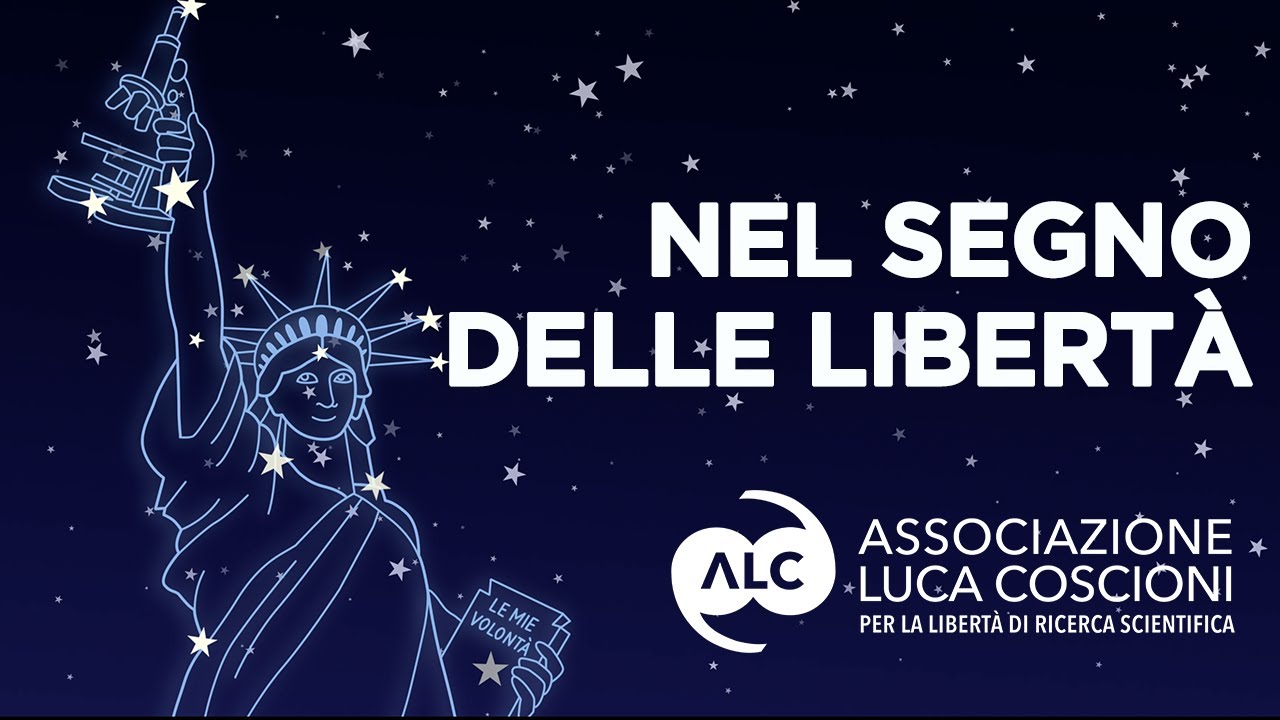To the Editor:
We are afraid that your editorial “Italian biomedical research under fire“, Nature Neuroscience 16,1709 (2013), contains a few inaccuracies. You write that the “restrictions” codified in the law that over the summer domesticated the European directive 2010/63/EU “if implemented, could have catastrophic consequences for the entire Italian biomedical research community” alluding to a possible change of scenario because the decision-making process has not ended. While it is true that the law poses significant hurdles to researchers, both houses – Parliament in Italy is composed of a Chamber of Deputies and a Senate – have already completed their iter. As a matter of fact, the law was published in the Gazzetta Ufficiale in September 2013. In adopting the decree to regulate the application of the law in mid-November, the Government decided to apply a a three-year moratorium for some ongoing projects in order not to waste some of the EU funding already allocated to them. It is not clear which researches will be interested by the suspension. That is the current state of the affair.
A different story altogether is the ability, or one should say the opportunity, that Italian scientists have to vulgarize their work. The general political climate in Italy is such that only populist arguments seem to have the possibility of being heard by legislators or covered by the media. The example of the supposed “Stamina” method is case study: people with all sorts of neurodegenerative diseases took to street, or became the subject of a popular comic program, hailing that miraculous method, Government and Parliament did not involve scientists before taking a decision, they adopted a series of parliamentary motions that allowed the experimentation without any scientific or clinical evidence. So if it may be true that scientists pose more attention to their work rather than to how to mainstream it, the free circulation of ideas in Italy is now a big structural problem.
To address both problems the Associazione Luca Coscioni per la libertà di ricerca scientifica intends to raise the excessive restrictions of the above-mentioned law before the Constitutional Court, as it renders inapplicable some of the possibilities allowed by the directive. As far the issue of divulgation of science is concerned, from 4 to 6 April 2014, our Association will convene the third session of the World Congress of Freedom of Scientific Research in Rome at the Chamber of Deputies to try and educate legislators and media alike on the threats to treat science as an irrelevant discipline, even on very sensitive issues.
Filomena Gallo, Secretary
Marco Cappato, Treasurer

L’Associazione Luca Coscioni è una associazione no profit di promozione sociale. Tra le sue priorità vi sono l’affermazione delle libertà civili e i diritti umani, in particolare quello alla scienza, l’assistenza personale autogestita, l’abbattimento della barriere architettoniche, le scelte di fine vita, la legalizzazione dell’eutanasia, l’accesso ai cannabinoidi medici e il monitoraggio mondiale di leggi e politiche in materia di scienza e auto-determinazione.
